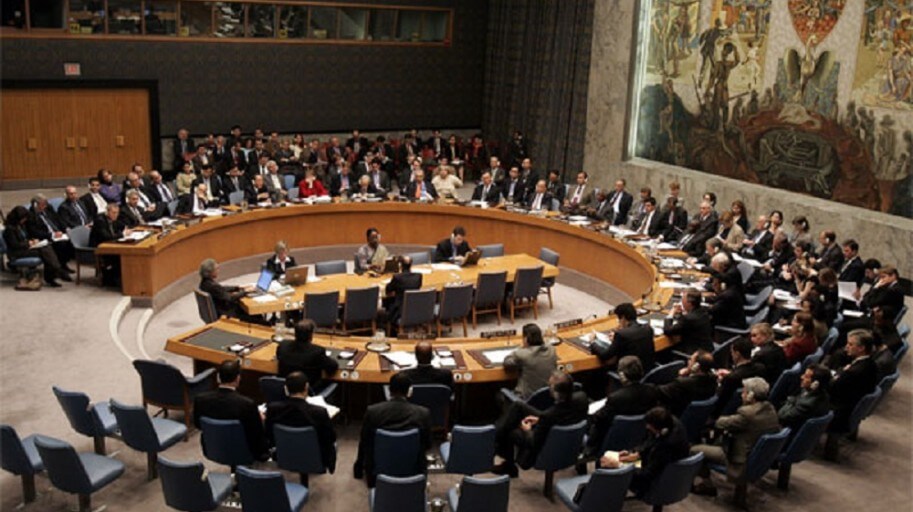Iran deceiving the West on its nuclear program is nothing new.
Today Reuters reported that Great Britain has informed a United Nations sanctions panel of the existence of an active Iranian nuclear procurement network linked to two blacklisted firms.
“The existence of such a network could add to Western concerns over whether Tehran can be trusted to adhere to a nuclear deal due by June 30 in which it would agree to restrict sensitive nuclear work in exchange for sanctions relief,” Reuters reported.
“The UK government informed the Panel on 20 April 2015 that it ‘is aware of an active Iranian nuclear procurement network that has been associated with Iran’s Centrifuge Technology Company (TESA) and Kalay Electric Company (KEC)’,” the Panel of Experts said in its annual report. The panel monitors Iran’s compliance with the U.N. sanctions regime.
KEC is under U.N. Security Council sanctions while TESA is under U.S. and European Union sanctions due to their suspected links to banned Iranian nuclear activities.
Iran, which…has been under sanctions for years, has a long history of illicit nuclear procurement using front companies and other methods of skirting sanctions…
The United States and the International Atomic Energy Agency have repeatedly said that Tehran has so far complied with the terms of a limited agreement struck in November 2013 between Iran and the six powers involving some reductions in its nuclear activities, including enrichment…
The panel said that the British information about the Iranian procurement network was received too recently for it to conduct an independent investigation of the allegations.
The U.N. Panel report also had something to say about the lack of reporting on Iran’s illicit activities by the member states. The Panel said it had received no new reports from member states of confirmed cases of non-compliance involving Iranian nuclear procurement. The lack of such reports could be due to multiple reasons, said the Panel.
“The current situation with reporting could reflect a general reduction of procurement activities by the Iranian side or a political decision by some member states to refrain from reporting to avoid any possible negative impact on ongoing negotiations between … Iran and (major powers),” [the report] said.
This is the second time in five months that the U.N. Panel has been informed about illicit nuclear activities by Iran during the current negotiations with the six world powers.
In December of last year, Foreign Policy published a similar report about a U.S. delegation informing the U.N. Panel of experts about Iranian procurement agents who had been increasing their efforts to illicitly obtain equipment for the IR-40 research reactor at the Arak nuclear complex.
The U.S. allegations were detailed in a confidential Nov. 7 report by an eight-member panel of experts that advises a U.N. Security Council committee that oversees international compliance with U.N. sanctions on Iran. The report, which cites an unnamed state as the source of the allegation, doesn’t identify the United States by name. But diplomatic sources confirmed that the United States presented the briefing.
The confidential report notes “one member state highlighted during consultations with the panel a number of developments regarding proliferation-sensitive procurement by Iran.” The delegation, the report continued, “informed the panel that it had observed no recent downturn in procurement” in recent months. It did cite a “relative decrease in centrifuge enrichment related-procurement” in recent months. But it added that it had detected “an increase in procurement on behalf of the IR-40 Heavy Water Research Reactor at Arak.”
So Iran continues to conduct illicit nuclear activities, and the world knows about it.
This begs the question why it does not have any impact on the negotiations with Iran.
As Western Journalism reported earlier, Iran deceiving the West on its nuclear program is nothing new.
Rather, what’s new is that the U.S. administration is politicizing intelligence on Iran in order to avoid scuttling a nuclear deal.
Over the last month, two articles were published that show how the administration is manipulating assessments about Iran’s activities in order to sell the new U.S. policy toward Iran’s nuclear program and its regional ambitions.
The Washington Institute published an article about the “Worldwide Threat Assessment” that details the range of security threats to the United States. The authors came to the conclusion that “the newest assessments show a marked shift in tone regarding Iran and its proxies. While past editions portrayed Tehran as a malign influence and state sponsor of terrorism that was actively seeking to undermine the United States and its allies, the most recent assessments cast a different light.”
A second article by the Free Beacon detailed how the U.S. Administration kept information about shipments of missile components from North Korea to Iran secret from the U.N. Panel that monitors sanctions violations by Iran.









